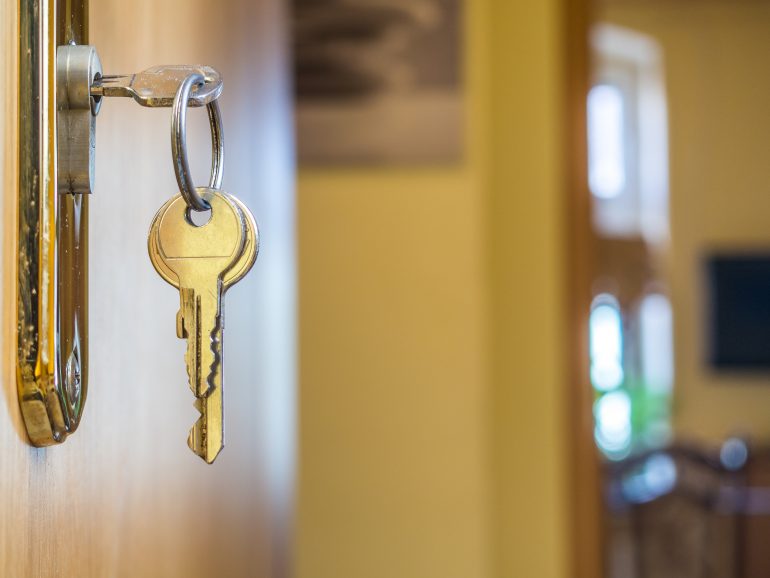The pandemic also came bearing gifts. One of them is a general decline in rent prices in Amsterdam. On average, in the last year rents for high-end apartments in the Netherlands dropped by 5.9 percent, and 7.7 percent for mid-price apartments. The decline was the greatest in Amsterdam, where a rental home in the free sector is 7.4 percent cheaper than a year ago. In Rotterdam rent prices decreased by 7.8 percent, The Hague 3.5 percent, and Eindhoven 2.4 percent. Furnished houses, which are the most popular among expats, experienced a decrease of 2.4 percent nationally.
Compared to the last months of 2020, the average price per square meter has fallen by another 1.5 percent. An average square meter of living space now costs 21.76 euros in the major cities versus 16.34 euros in the rest of the Netherlands.
Population decrease
This development has reverted the upsurge in the real estate market, which had been going on since 2015. The decline can be attributed to several factors. In 2020 the population in the Netherlands only increased by 63,000 inhabitants, less than half of the number for 2019. This is because, for one, many expats have left the Netherlands since the corona crisis started. In addition, the Netherlands in 2020 welcomed fewer immigrants, migrant workers and international students. Moreover, for the first time in many years, the number of deaths exceeded the birthrate. Last year, the Dutch population, which demographers expected to rise to 17.5 million, lingered at 17.4 million.
Remote working
Another factor for the drop in rent prices is that employees were told to work from home, which made remote working a new trend. Many employees have discovered that they can just as easily reside in smaller, rural communities, where they are closer to nature and where rent prices are cheaper. This development has reversed the century-old urban pull, drawing skilled laborers from the countryside to the cities, where jobs were traditionally located. According to Gijs Weenink, author of Never Waste a Good Crisis (2020) and You are on Mute (forthcoming), remote working is not just a fad. “It is the new reality, one that will stay”. Work is more efficient working from home, while remote working has proven to offer huge savings for employers as well. They no longer need to rent expensive office space located in financial districts or expensive downtown areas.
While the rents in big Dutch cities are dropping, the opposite is happening in the countryside. In the first quarter of 2021, rents in rural areas were on the rise. According to Eric Verweij, chairman of VGM NL (Real Estate Management NL), in combination with remote working, the market is undergoing a major transformation. With restaurants, cafes, theaters and other public entertainment venues closed in cities, urban areas have become hollow dinosaurs. Rental prices in rural areas and smaller communities allow people to rent properties that have more space (especially since they need extra room to work from home) and sometimes have an open outdoor space, which many times costs the same or less than a small, cramped rental property in a big city.
Construction of new homes
For more than a decade, there has been a chronic shortage of affordable housing for middle and low-incomed families. In the coming years, the Dutch government is likely to stimulate the construction of more housing, which in the long term will influence the market price. Political parties like D66, which gained five seats (from 19 to 24) in the recent national elections, advocate the government build at least one million new homes by 2030 to fulfill the demand. With D66 probably being an important member of the new coalition government, that will mean more housing in the next decade and a further decline of rental prices.
However, renters looking for properties in the city centers should take advantage of the current situation. Once cafes, restaurants and entertainment open up, Dutch cities will become popular again and the rent prices will likely surge. No matter how idyllic the countryside might be in the summer, nothing beats the gezelligheid of Dutch cities in the winter.
Written by Benjamin Roberts
